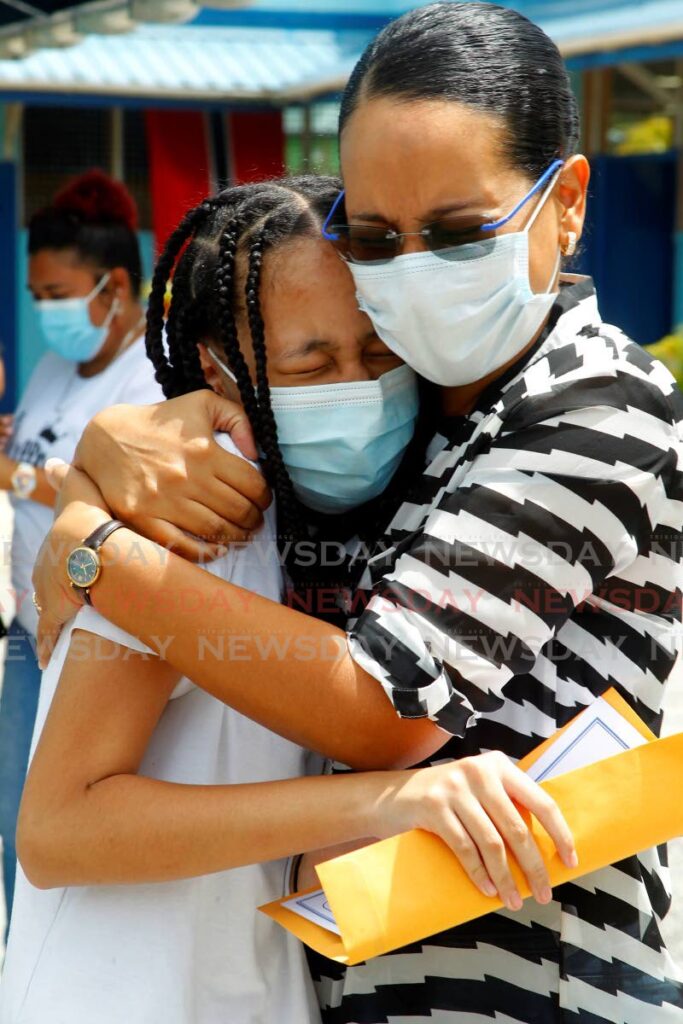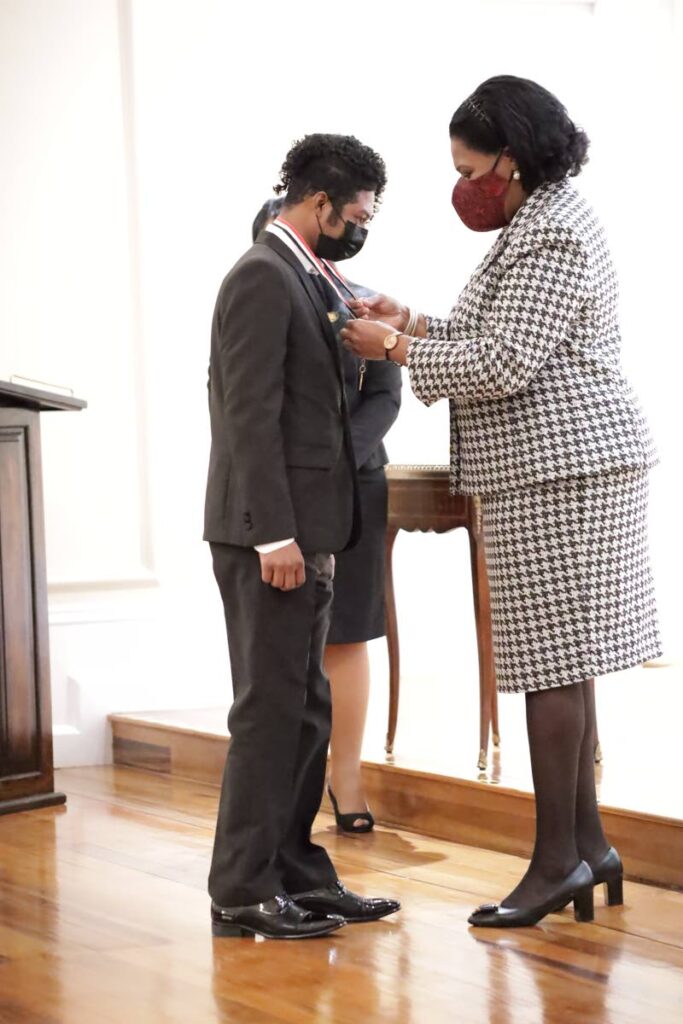What work are we educating children for?

Have you ever given thought to why so many of our university graduates cannot find jobs? Have you puzzled over whether it is not due to the students, but the system itself?
Do you know if we have a philosophy of education with clear objectives? Every time I read about the top achievers when SEA results come out, I stand in my shoes and I wonder.
When I attend a UWI graduation ceremony I wonder about all those bright young people who graduated from law school last year and are still looking for someone to hire them. What was the objective, the meaningfulness of their education?
On Wednesday last week, Theodore Lewis wrote an excellent article about “meaningful work” which he defined as a fundamental concept in the Caribbean because the society was built on work.
The work he historically focused on was African slavery and East Indian and poor-white indentureship, initially done by people who were mainly plantation and agricultural workers.
What education system there was then was planned with a definite objective tied to the economy. That was its job. It was tied to what Lloyd Best and Kari Levitt called a plantation economy.
It was not by accident that the first internationally-recognised tertiary institution in Trinidad was the Royal College of Tropical Agriculture, a school with an international reputation for excellence. Its students came from all over the world, eager to learn to prepare for careers in the many varied disciplines of agriculture.
That was “meaningful work” at the time recognised by the colonial system which structured the society around it.
The few public schools, provided by the Colonial Office and available to children in the West Indies (which were established here, I am told, even before they were provided to all children in England), were focused on knowledge according to colonial policies at the time, to support the export of plantation products and the technical and administrative staff for what locals used to call familiarly “the Col Sec.”
The Royal College was an excellent training ground for those who then went into every other “business.” including the “business” of culture.
It wasn’t that long ago and many people trained there are still around.
The system was intended to provide locals with an understanding of how to exercise authority. Education curricula were designed with “a long eye’ with the objective of developing minds to respect authority to ensure a disciplined society in the future.
That is what schools were for. Children were taught to line up, like good little soldiers and wait to be told to march to class. They still do that.
Standards were agreed and UK tests (the hated 11-plus) continued to measure achievement. Come Independence and in the uncertainty of the transition, an education Concordat was created intended to heal the educational “split” between creed-based, fee paying “good” schools and free government schools with lower standards so that going forward every creed and race would have an equal place.
So what happened? Why does the resulting educational system perpetuate the fractured society we have between “elite” and “common?”
Can one assume the Concordat has at least ensured that academic qualifications, psychological balance and the national and cultural standard of diversity have established standard curricula and qualifications for teachers? (See the Equal Opportunity Act No:22).
Or have the impossible demands on the Teaching Services Commission as with so many other national service commission made that an ephemeral pipe dream?
Do you wonder what the objective of our educational system is? Is there a connection? Is there still an objective? Even a philosophy?

What about “every creed and race has an equal place?”
The creed-based schools signed the Concordat. There was an agreed upon standard in all schools which children had to reach in order to pass. Why is it that creed-based schools are the ones with higher pass rates? Where SEA results propel students on to career success and professional status and the results from government primaries so often fall behind? Which leads us to ask once more what is the new objective of the educational system in the digital age?
Is that why schools were closed during the pandemic when, as Dr Bratt kept saying, children’s health would not benefit as a result? Was it to force them into digitalisation? And has our education system ensured a disciplined society?
That is what schools were for. When did that change to relate to "meaningful work?" And did it?
When locals migrated in those early years they noticed, at least some of them did, that they had left behind an educational system founded on elitism and class distinctions. Not just race although that was definitely part of it, creed does not eliminate racism and other prejudices, but money was the major factor, which in those days was almost the same thing.
There were always children from less well-resourced families with parents determined to support them who rose to become the managers and professionals that rule us now.
Are the curricula of government schools, still mainly based on the foundational needs of colonial society? It was only last week that the MOE announced the re-establishment of a tech-voc system, hopefully similar to the one already run by Servol that includes human relations, so that it just may turn out plumbers who know how to fix pipes so they stay fixed and will have the professional pride and ethics not to fake it, along with technicians who can un-freeze stalled computers and develop new IT apps.
And there rises a hope that people will realise that a career in trade can be lucrative, even more lucrative to those who have done academics like law who may then become our new breed of entrepreneurs, replacing managers of our ever failing public utilities.
Good trade professionals earn more than good lawyers these days. And are harder to find.
Will our culture continue to encourage children who are not interested in, and see no relevance in academic subjects, to excel at them?
Will the teaching methodologies that are outdated in the face of government’s professed determination to lead us into the digital age adapt?
Students that did manage to get digital lessons through the pandemic think differently now. They need a different kind of stimulation to get them excited about learning. Education objectives in government schools must adapt if we are not to encourage the current split between elite and ordinary to continue to grow.
Information technology has no race or religion.
Is the MOE adapting? Are they getting it? How many secondary schools, for example, are showing students the excellent local and thoroughly fascinating film Hero which shows Trinidad’s contribution to world history? Or is it still chalk and talk?
What is “meaningful education” if it ends up in joblessness, joylessness and generational cycles of poverty?


Comments
"What work are we educating children for?"